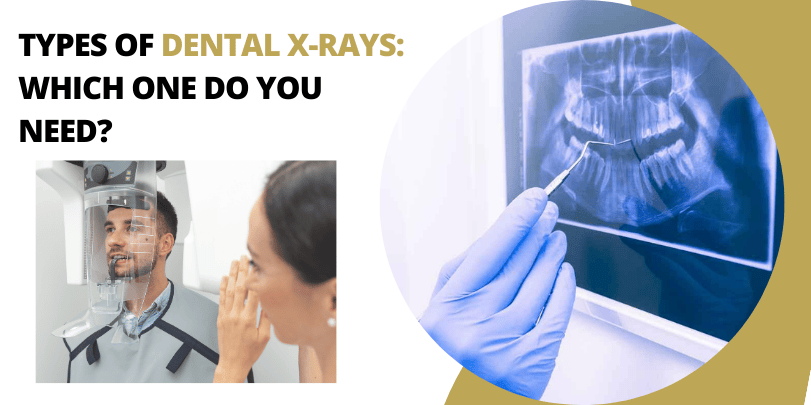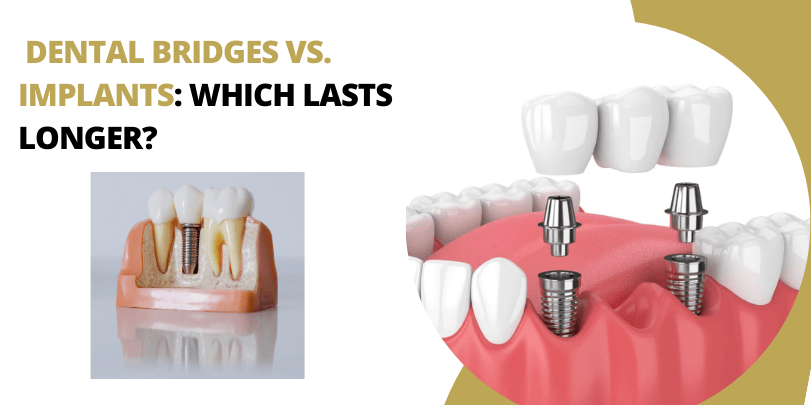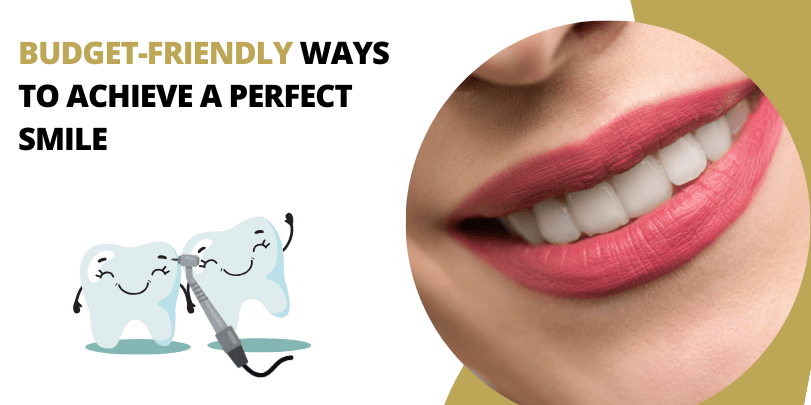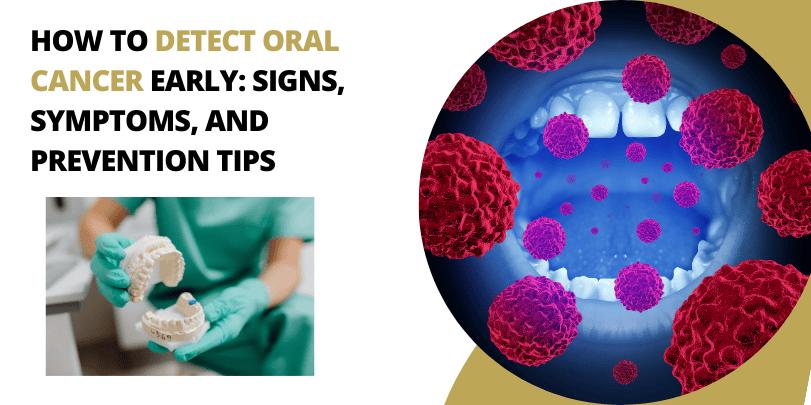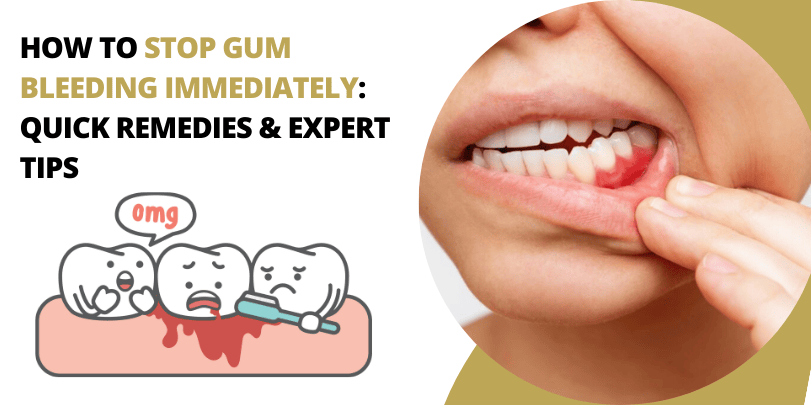Choosing the right dentist for your child is a big decision. After all, you’re not just picking someone to clean their teeth, you’re choosing someone who will help shape your child’s attitude toward dental health for years to come.
If you’re searching for a pediatric dentist near you, here’s everything you should know before booking that first appointment.
What Exactly Is a Pediatric Dentist?
A pediatric dentist is a dental professional who specializes in caring for children’s teeth, from infancy through the teenage years. They receive two to three extra years of specialized training beyond dental school, learning about:
- Child psychology
- Growth and development of teeth and jaws
- Managing children’s behavior in a gentle, comforting way
- Treating special health care needs
In short, pediatric dentists know how to make dental visits positive, even for anxious little ones.
When Should Your Child First See a Dentist?
You might be surprised by the answer: the American Academy of Pediatric Dentistry recommends a child see a dentist by their first birthday or within six months of the first tooth erupting whichever comes first.
Early visits help:
- Catch any early signs of tooth decay
- Teach parents how to properly care for their baby’s teeth
- Get kids used to visiting the dentist without fear
Why Not Just Visit a General Dentist?
While general dentists are trained to treat patients of all ages, pediatric dentists focus exclusively on children. They create a kid-friendly environment that’s fun, colorful, and calming.
A pediatric dental office often has:
- Smaller dental chairs for little bodies
- Kid-sized dental tools
- Staff trained in talking to children in a way they can understand
If your child has special needs, a strong gag reflex, or dental anxiety, a pediatric dentist is typically the better choice.
How to Choose the Right Pediatric Dentist
Finding the right fit matters. Here’s what to consider:
1. Qualifications and Credentials
Make sure the dentist is board-certified in pediatric dentistry. This confirms they’ve completed the necessary training and passed rigorous exams.
2. Office Environment
Visit the office or check photos online. Does it look kid-friendly? Are there books, toys, or games in the waiting area? A welcoming environment can make a world of difference.
3. Experience with Kids
Especially if your child is nervous or has unique needs, it’s important to ask about the dentist’s experience handling a wide range of behaviors.
4. Communication Style
Good pediatric dentists know how to explain procedures in simple, reassuring language both to children and to parents.
5. Emergency Services
Accidents happen. It’s a bonus if the pediatric dentist offers emergency services for knocked-out teeth or injuries.
What Happens During a Pediatric Dental Visit?
For a young child’s first visit, it’s usually simple and stress-free:
- A gentle examination of the mouth, teeth, and gums
- Checking for signs of decay or other problems
- A discussion about teething, pacifier use, thumb sucking, and proper brushing
- A cleaning and fluoride treatment (if needed)
The goal is to make the experience positive and pain-free, building trust so your child isn’t afraid to come back.
Tips to Prepare Your Child for Their First Dental Visit
A little preparation can go a long way:
Talk about it positively: Avoid words like “hurt,” “pain,” or “shot.” Instead, talk about how the dentist helps keep their smile shiny and healthy.
Play pretend dentist: Practice opening wide and counting teeth at home.
Schedule wisely: Pick a time when your child is usually well-rested and in a good mood. Avoid nap times or late evenings.
Bring a favorite toy: Having a comfort item can make your child feel safe.
How Often Should Kids See a Dentist?
Just like adults, kids should visit the dentist every six months for regular checkups and cleanings. Regular visits can prevent many dental problems from starting and catch any issues early.
Common Pediatric Dental Treatments
Aside from regular checkups, here are some common treatments offered by pediatric dentists:
- Fluoride treatments: Strengthen enamel and prevent decay
- Dental sealants: Thin coatings applied to the back teeth to prevent cavities
- Cavity fillings: Done gently, using kid-friendly techniques
- Early orthodontic evaluations: Monitoring how the teeth and jaws are growing
The Importance of Early Dental Care
Early dental care isn’t just about avoiding cavities. Healthy teeth are important for:
Eating and proper nutrition
Clear speech development
Building confidence with a bright, healthy smile
Good habits start early. Positive dental experiences in childhood often lead to better dental hygiene and fewer issues in adulthood.
Finding the right pediatric dentist near you is one of the best things you can do for your child’s overall health and well-being. Look for a caring professional who makes your little one feel comfortable, explains things clearly, and is committed to making dental care fun and stress-free.
 Australia No
Australia No Canada No
Canada No India Toll Free No
India Toll Free No UK No
UK No USA No
USA No









